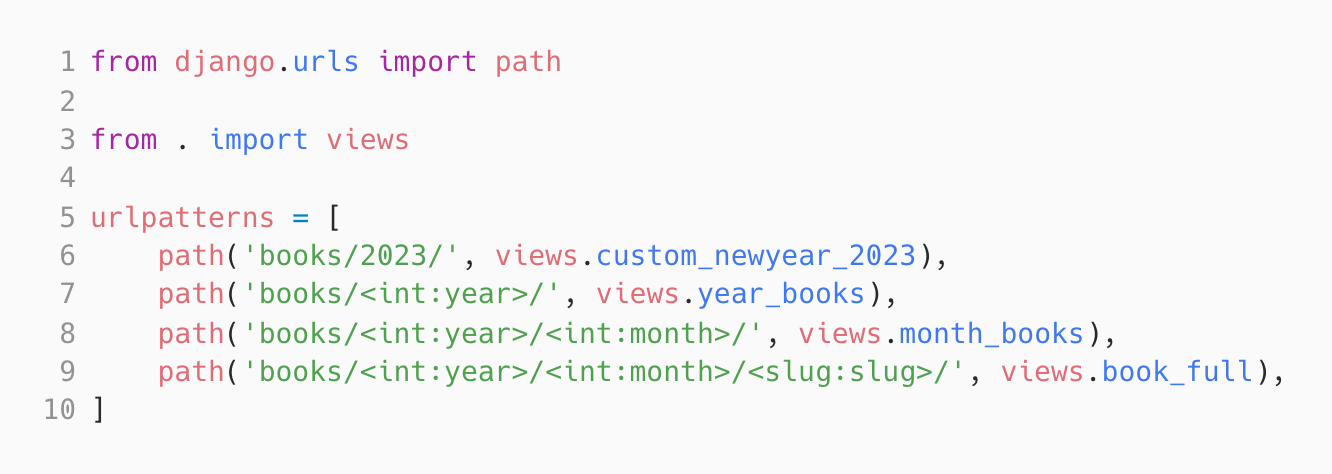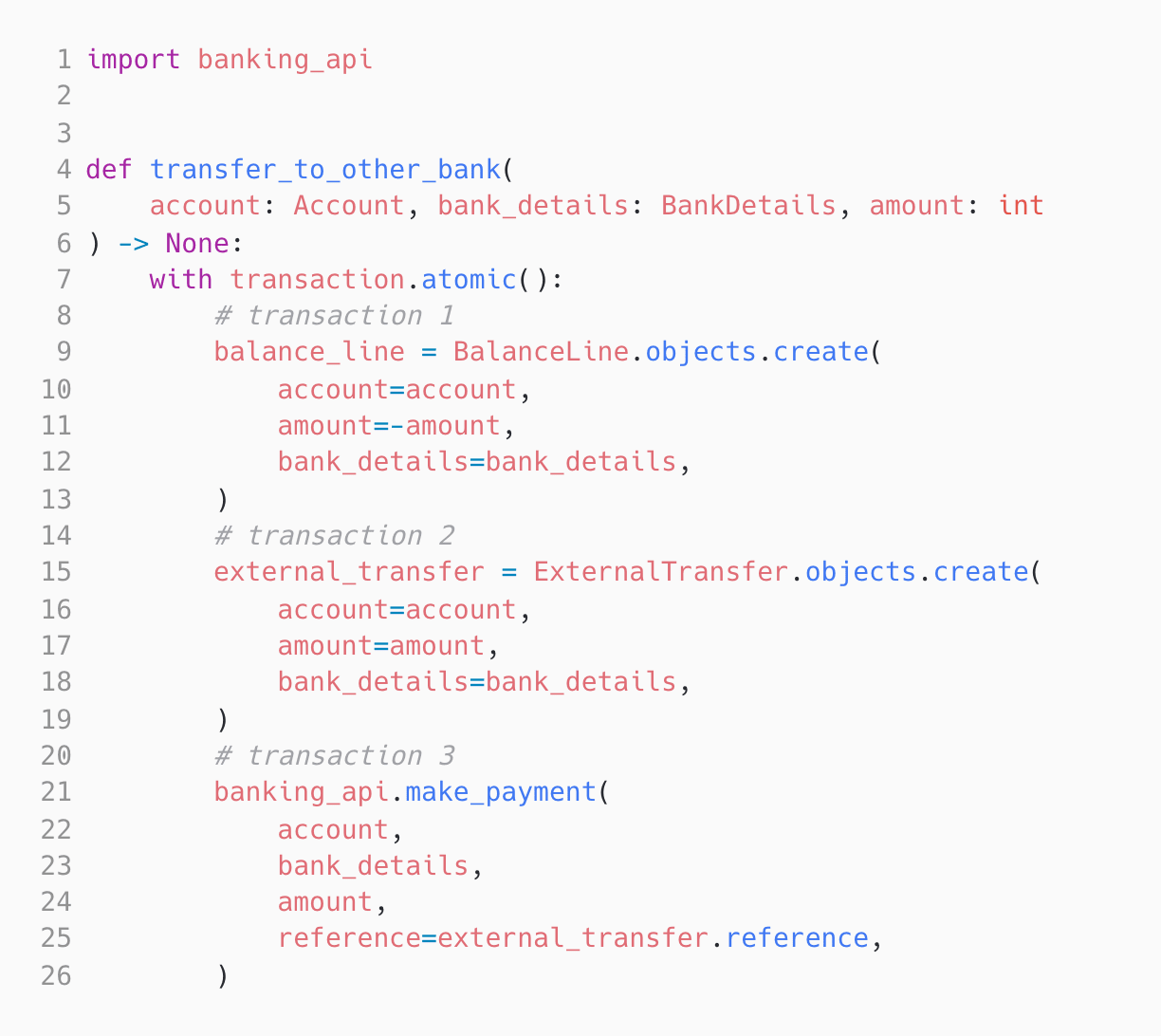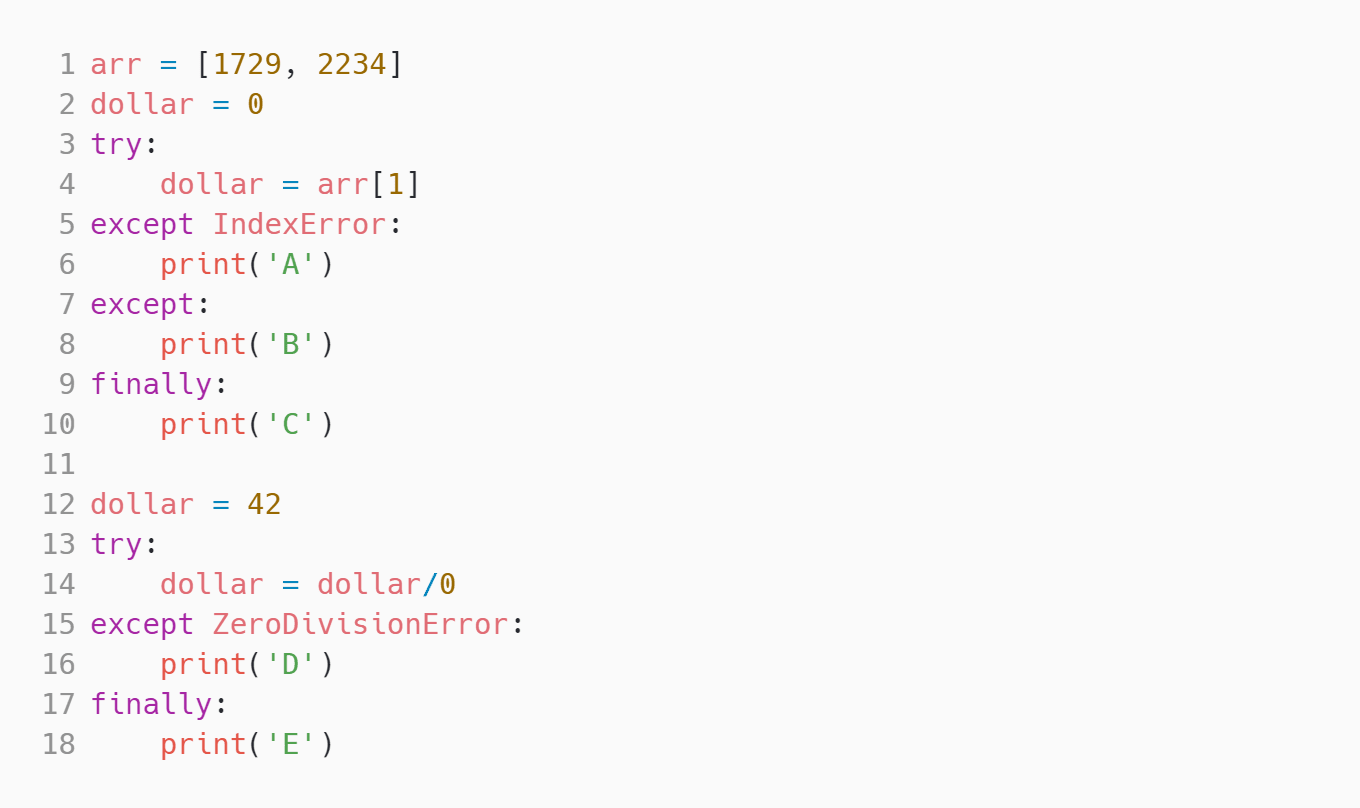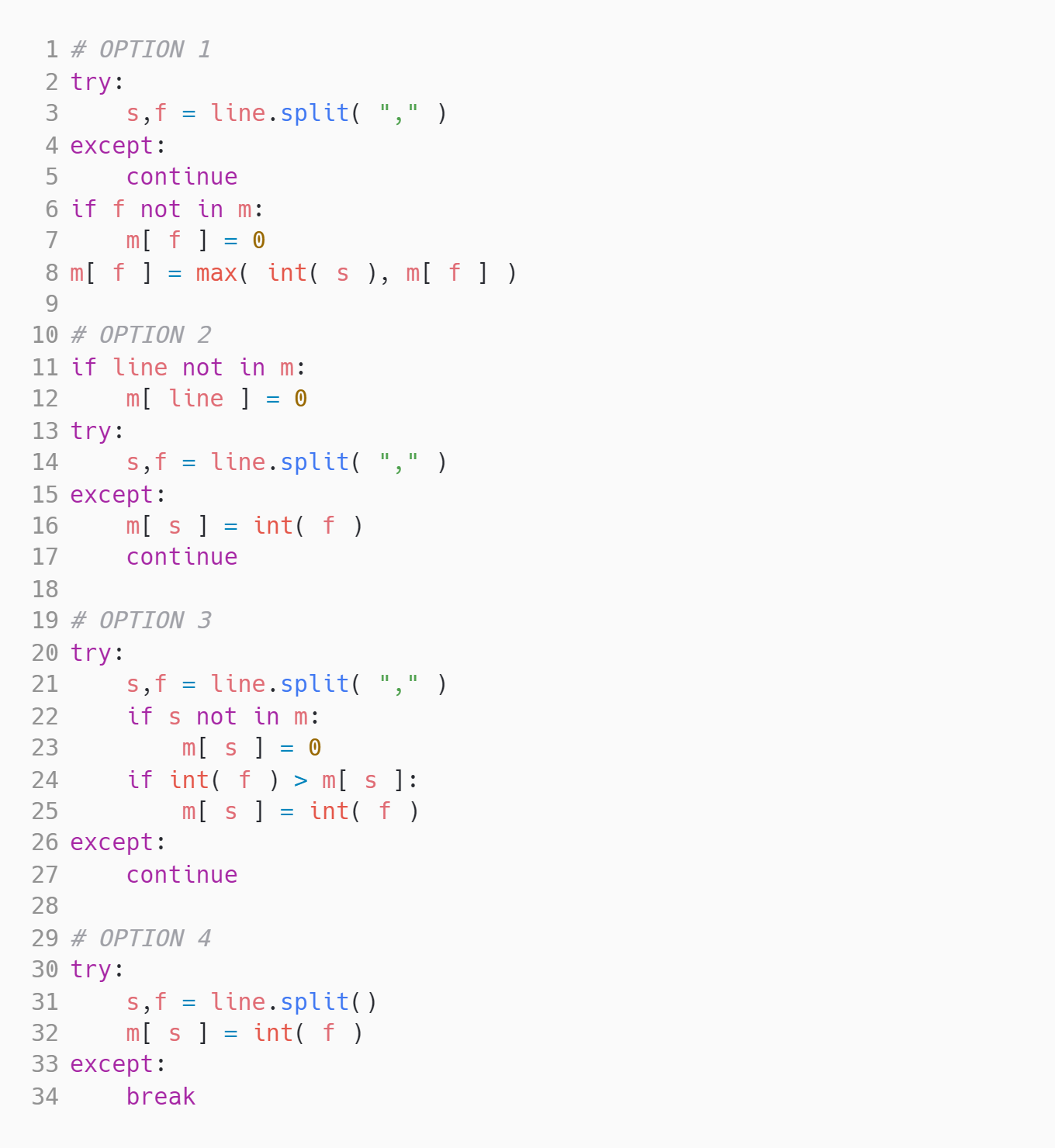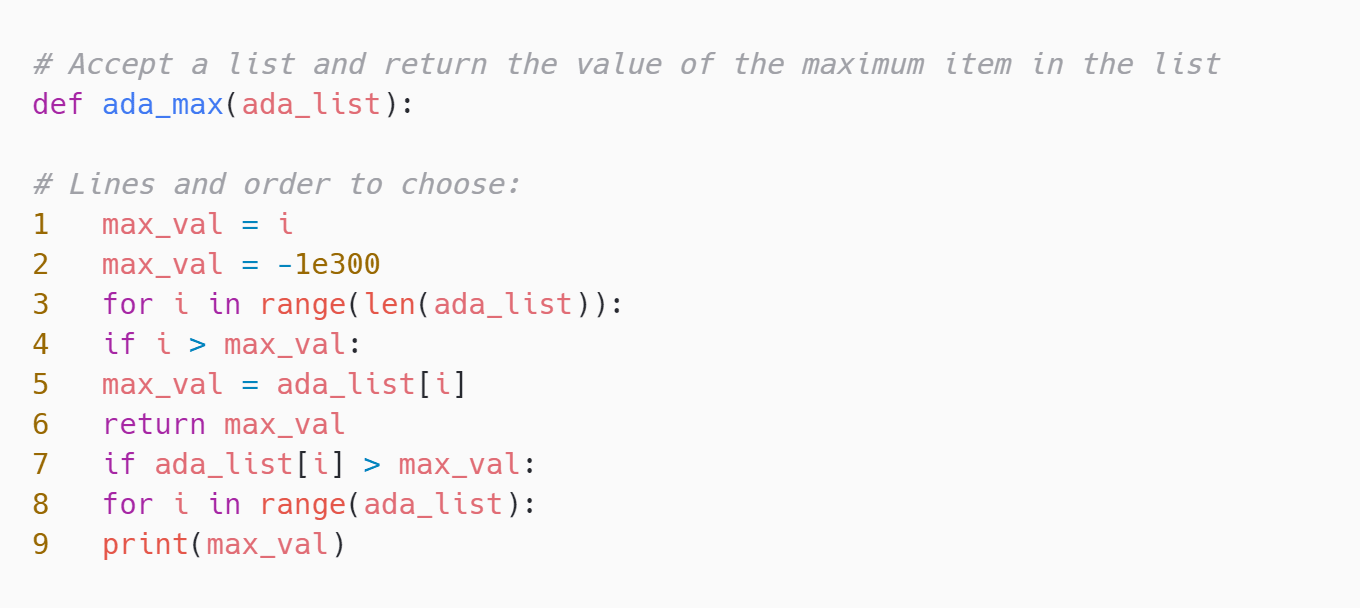Django Fundamentals: Django Fundamentals refers to the core concepts and principles of the Django web framework. It involves understanding the MVC (Model-View-Controller) architecture, working with the Django ORM (Object-Relational Mapping) for database operations, and mastering the basic features of Django such as routing, views, templates, and forms. This skill is measured in the test to assess a candidate's knowledge of the foundation of Django development.
Python Syntax: Python Syntax refers to the rules and conventions that govern the structure and format of Python code. It includes elements such as variable declaration, data types, control flow statements, loops, functions, and exception handling. Measuring this skill in the test helps evaluate a candidate's ability to write clean and correct Python code.
Python OOP: Python OOP (Object-Oriented Programming) involves using the principles of encapsulation, inheritance, and polymorphism to organize and structure code. It allows developers to create reusable and modular code, enhancing code readability and maintainability. Assessing this skill in the test helps determine a candidate's proficiency in applying object-oriented principles in Python.
Web Development with Django: Web Development with Django refers to using Django to build dynamic and interactive web applications. It involves creating views that handle HTTP requests, rendering templates to generate HTML output, and integrating other web technologies like CSS and JavaScript. Evaluating this skill in the test assesses a candidate's ability to develop web applications using Django effectively.
Database integration: Database integration in Django involves establishing a connection between the web application and a database management system. It includes tasks such as defining and creating database models, performing CRUD (Create, Read, Update, Delete) operations, and implementing database queries using Django's ORM. Measuring this skill helps determine a candidate's proficiency in working with databases in Django applications.
Models: Models in Django are Python classes that define the structure and behavior of the data stored in the database. They provide a convenient way to interact with the database by abstracting away the underlying SQL queries. Assessing this skill in the test evaluates a candidate's understanding of creating, querying, and modifying database models in Django.
Views: Views in Django handle user requests and return appropriate responses. They process inputs received from users, make queries to the database, and render templates to generate HTML output. Evaluating this skill helps determine a candidate's ability to implement logic for handling different HTTP requests and generating dynamic web pages.
Templates: Templates in Django are used for rendering dynamic web pages by combining HTML code with data from the database or other sources. They provide a way to separate the presentation logic from the application logic. Measuring this skill in the test assesses a candidate's familiarity with creating well-structured and reusable templates in Django.
Forms: Forms in Django are used to handle user input and validate data. They provide a convenient way to generate HTML forms, handle form submissions, and perform data validation. Assessing this skill helps determine a candidate's ability to create and work with forms in Django web applications.
URL Routing: URL Routing in Django involves mapping URLs to specific views or resources in a web application. It allows defining patterns for URL matching and routing requests to the appropriate views. Evaluating this skill helps assess a candidate's understanding of URL configuration and navigation in Django.
Authentication: Authentication in Django refers to the process of verifying the identity of users accessing the web application. It involves tasks such as user registration, login, session management, and authorization. Measuring this skill in the test helps determine a candidate's knowledge of implementing secure user authentication and access control mechanisms in Django applications.
Testing: Testing in Django involves writing automated tests to verify the functionality and correctness of the web application. It includes unit tests, integration tests, and functional tests to ensure the application works as expected. Assessing this skill helps evaluate a candidate's proficiency in writing reliable and comprehensive tests for Django applications.
Deployment: Deployment in Django refers to the process of making the web application available for use on a production server. It involves configuring the application for deployment, managing dependencies, setting up the server environment, and ensuring the application runs smoothly in production. Measuring this skill in the test assesses a candidate's understanding of deploying Django applications in real-world scenarios.



















